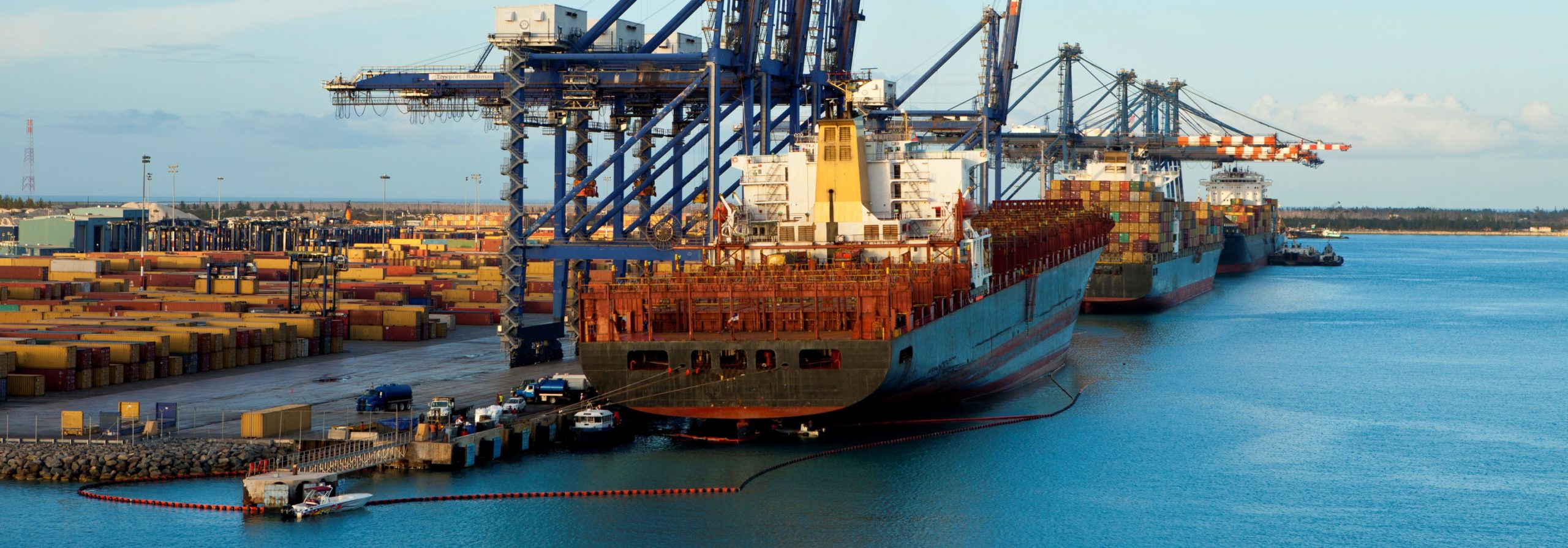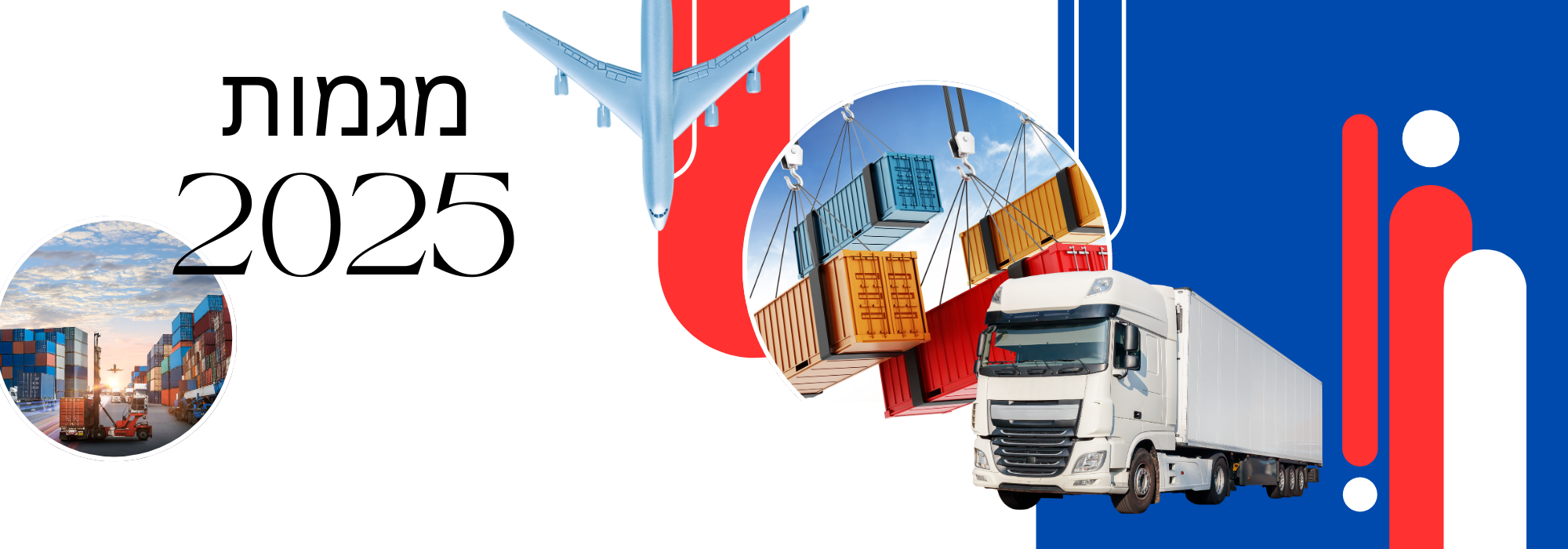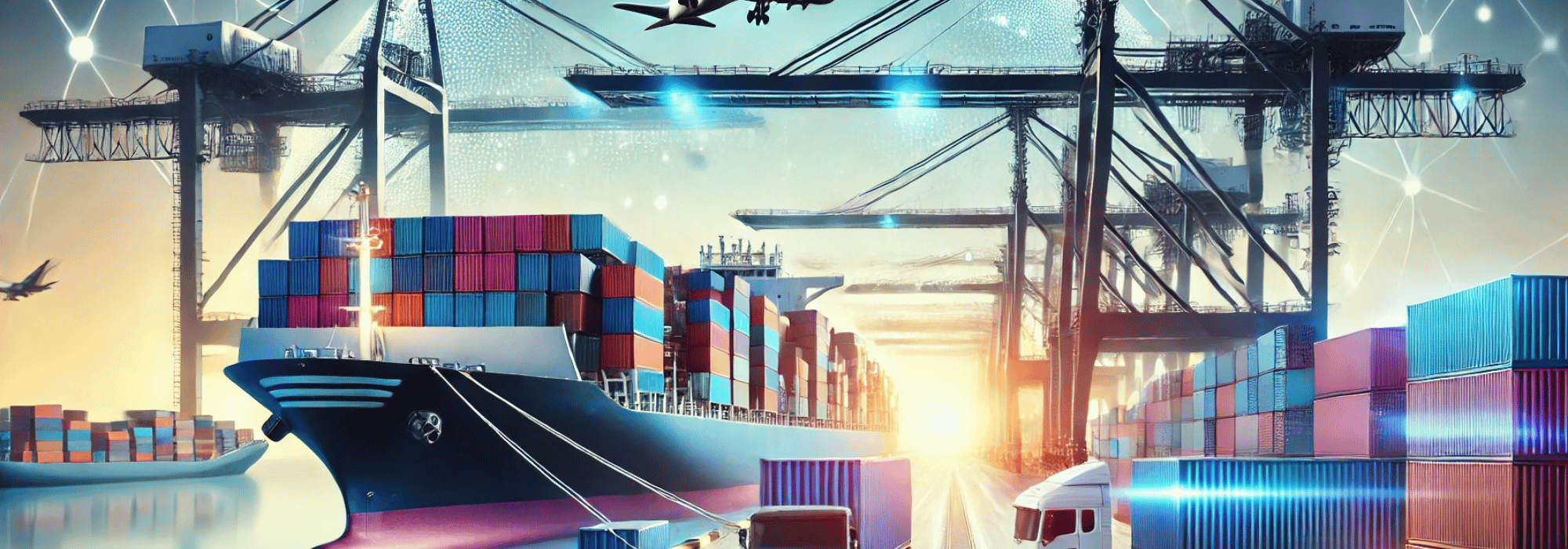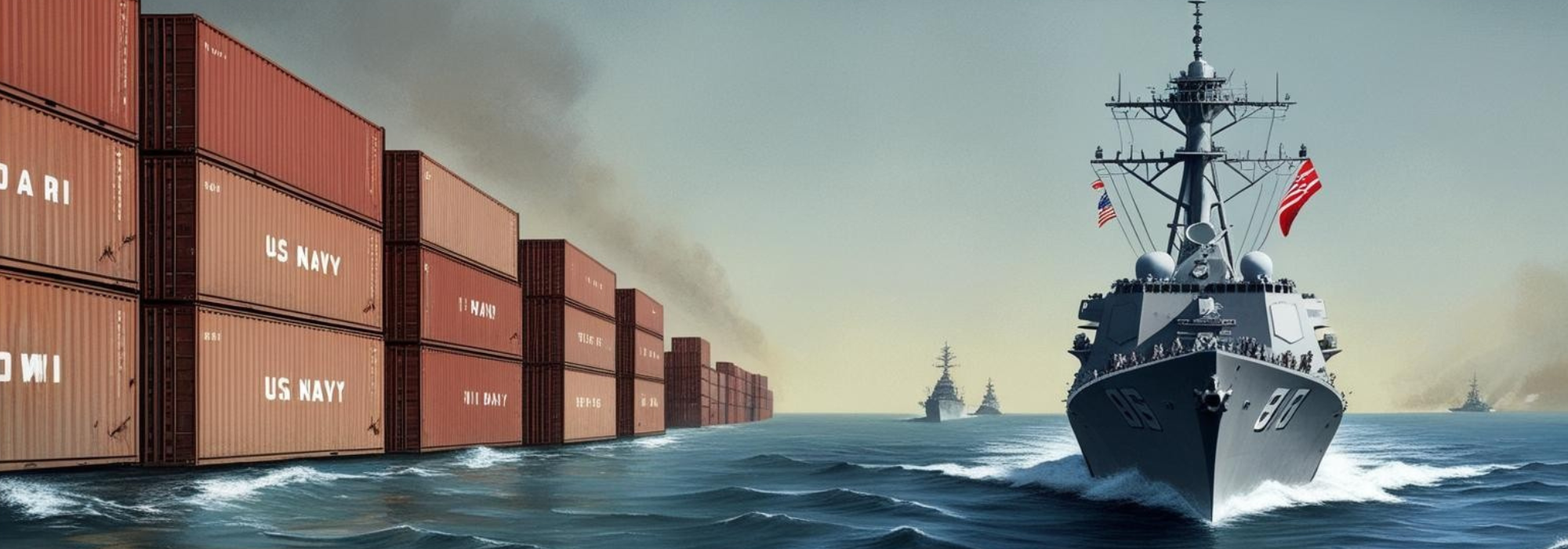In today’s increasingly interconnected world, the future of global commerce rests upon the delicate balance struck by international trade agreements. These agreements serve as the backbone of the global economy, shaping the movement of goods, services, and capital across borders.
But what lies ahead for this complex web of regulations, policies, and negotiations? Unraveling the intricate tapestry of international trade agreements is no easy feat. As countries seek to protect their own interests, they must navigate a maze of tariffs, quotas, and regulations, all designed to foster economic growth while minimizing friction between nations. However, the landscape of global commerce is constantly evolving, influenced by geopolitical tensions, technological advancements, and changing consumer demands.
In this thought-provoking blog post, we delve into the future of global commerce, examining the trends, challenges, and opportunities that lie ahead.
From the rise of e-commerce and digital trade to the impact of shifting political alliances, we explore how international trade agreements are adapting to the demands of the modern world. Join us as we unravel the complexities of these agreements and shed light on the path forward for global commerce.
As we embark on this journey, one cannot ignore the importance of understanding the role of international trade agreements in shaping the global economy.
These agreements act as crucial frameworks, facilitating the exchange of goods and services between countries while safeguarding against unfair practices. From the World Trade Organization (WTO) to regional trade agreements like NAFTA and the EU, these accords have played a pivotal role in expanding markets, boosting economic growth, and fostering international cooperation.
However, the future of global commerce is not without its challenges. Economic nationalism, protectionist policies, and a backlash against globalization threaten to disrupt the stability of international trade agreements. Rising tensions between major economies, such as the ongoing trade war between the United States and China, highlight the fragility of the global trade system. In this volatile landscape, it becomes increasingly important to analyze the future trajectory of international trade agreements, examining how they can adapt and evolve to meet the needs of an ever-changing global economy.
The Rise of E-commerce and Digital Trade
E-commerce and digital trade have revolutionized the way businesses operate and consumers shop. With the advent of the internet, companies can now reach customers across the globe, breaking down traditional barriers to trade. Online marketplaces like Amazon and Alibaba have become household names, offering a vast array of products at competitive prices.
International trade agreements are adapting to this new era of commerce by addressing the unique challenges posed by e-commerce. Issues such as data protection, intellectual property rights, and cross-border transactions are being tackled to ensure a level playing field for businesses operating in the digital realm. The rise of e-commerce has also led to discussions on how to tax online transactions and regulate online platforms.
Furthermore, digital trade encompasses more than just buying and selling goods online. It includes services such as software development, consulting, and digital marketing. As technology continues to advance, international trade agreements must keep pace with these developments to facilitate the growth of digital economies.
The Impact of Shifting Political Alliances on International Trade Agreements
Political alliances play a crucial role in shaping international trade agreements. The formation or dissolution of alliances can have far-reaching consequences for global commerce. For example, Brexit—the United Kingdom’s decision to leave the European Union—has had significant implications for trade between the UK and its former EU partners.
Similarly, changes in political leadership can impact existing trade agreements. When new governments come into power, they may seek to renegotiate or withdraw from previous agreements based on their own economic priorities. This uncertainty can create challenges for businesses that rely on stable trading relationships.
In recent years, there has been a shift towards regionalism in international trade agreements. Countries are increasingly forming regional blocs such as ASEAN (Association of Southeast Asian Nations) and Mercosur (Southern Common Market) to strengthen economic ties and enhance regional integration. These regional agreements can complement or compete with global trade frameworks, depending on the specific objectives of the participating countries.
The Role of Technology in Reshaping Global Commerce
Technology has been a driving force behind the transformation of global commerce. From automation and artificial intelligence to blockchain and the Internet of Things, technological advancements are reshaping industries and supply chains.
International trade agreements must adapt to these changes by addressing issues related to emerging technologies. For example, intellectual property rights and data governance are crucial considerations in a digital economy. Standardization and interoperability of technologies across borders are also important for seamless global trade.
Moreover, technology has enabled greater transparency and traceability in supply chains, allowing consumers to make more informed choices about the products they purchase. This shift towards sustainability and ethical consumption is influencing international trade agreements, with an increasing focus on environmental considerations and responsible business practices.
Challenges Posed by Economic Nationalism and Protectionist Policies
Economic nationalism and protectionist policies pose significant challenges to international trade agreements. In recent years, there has been a rise in populist movements advocating for protectionism and a retreat from globalization.
This shift towards protectionism can take various forms, such as imposing tariffs or quotas on imported goods, promoting domestic industries through subsidies or preferential treatment, or implementing stricter regulations on foreign investment. These measures aim to protect domestic jobs and industries but can also lead to retaliatory actions from trading partners.
International trade agreements play a crucial role in addressing these challenges by promoting free trade principles, reducing barriers to entry, and resolving disputes through mechanisms such as dispute settlement panels. However, navigating the complexities of economic nationalism requires ongoing dialogue between nations to find common ground that balances national interests with the benefits of international trade.
Case Study: The Ongoing Trade War between the United States and China
The trade war between the United States and China has dominated headlines in recent years, highlighting the tensions that can arise between major economies. The dispute has resulted in the imposition of tariffs on billions of dollars’ worth of goods, impacting industries ranging from agriculture to technology.
This case study underscores the challenges faced by international trade agreements when confronted with political and economic conflicts. It also highlights the need for effective dispute resolution mechanisms to prevent escalation and protect the interests of all parties involved.
Regional Trade Agreements: Strengthening or Weakening the Global Trade System?
Regional trade agreements have gained prominence in recent years, raising questions about their impact on the global trade system. These agreements aim to deepen economic integration among participating countries by reducing barriers to trade and harmonizing regulations.
While regional trade agreements can enhance economic cooperation within a specific geographic area, they also have implications for non-participating countries. Critics argue that these agreements may divert trade away from other regions or create a fragmented global trading system.
International trade agreements must strike a balance between regional integration and maintaining an open, inclusive global trading system. Cooperation between regional blocs and multilateral organizations like the WTO is crucial to ensure that regional agreements complement rather than undermine the broader framework of international trade.
Opportunities for Innovation and Growth in International Trade Agreements
Despite the challenges posed by shifting political alliances and protectionist policies, international trade agreements also present opportunities for innovation and growth. By fostering greater market access, reducing barriers to entry, and promoting fair competition, these agreements create an environment conducive to entrepreneurship and economic development.
New sectors such as renewable energy, digital services, and sustainable agriculture can benefit from international trade agreements that prioritize innovation and sustainability. Moreover, small and medium-sized enterprises (SMEs) can leverage these agreements to expand their reach and tap into global markets.
International trade agreements must continue to evolve to accommodate emerging industries and promote inclusive growth. By embracing technological advancements, addressing environmental considerations, and fostering collaboration between nations, these agreements can unlock new opportunities for businesses and drive economic prosperity.
Sustainable Development and Environmental Considerations in Global Commerce
Sustainable development is a pressing global concern, with increasing recognition of the need to balance economic growth with environmental protection. International trade agreements are incorporating environmental considerations into their frameworks to ensure that trade does not come at the expense of the planet.
Issues such as climate change, deforestation, and pollution are being addressed through provisions that promote sustainable practices and responsible resource management. For example, some agreements include commitments to reduce greenhouse gas emissions or protect endangered species.
Furthermore, international trade agreements can incentivize sustainable production and consumption patterns by promoting eco-labeling schemes or providing preferential treatment for environmentally friendly products. By aligning economic interests with environmental objectives, these agreements contribute to a more sustainable future for global commerce.
Ensuring Fairness and Addressing Disparities in International Trade Agreements
Fairness is a fundamental principle of international trade agreements. These agreements aim to create a level playing field where all countries have equal opportunities to participate in global commerce.
However, disparities in economic development, infrastructure, and regulatory frameworks can create imbalances in the benefits derived from international trade. Developing countries may face challenges in meeting the requirements of trade agreements or accessing markets on equal terms.
To address these disparities, international trade agreements often include provisions for technical assistance and capacity building. These measures help developing countries enhance their competitiveness and integrate into the global economy. Additionally, special and differential treatment provisions may be included to provide flexibility for developing countries to adapt to trade liberalization.
Conclusion: Navigating the Future of Global Commerce
The future of global commerce is a complex and ever-evolving landscape. International trade agreements play a vital role in shaping this future, providing a framework for economic cooperation, resolving disputes, and promoting sustainable development.
As we navigate the challenges posed by shifting political alliances, protectionist policies, and technological advancements, it is crucial to ensure that international trade agreements remain relevant and responsive to the needs of a rapidly changing world. By embracing innovation, addressing environmental considerations, and fostering inclusivity, these agreements can pave the way for a prosperous and sustainable global economy.
Ultimately, the future of global commerce depends on the collective efforts of nations to find common ground and forge mutually beneficial trade relationships. By working together, we can unravel the complexities of international trade agreements and chart a course towards a more prosperous future for all.



















